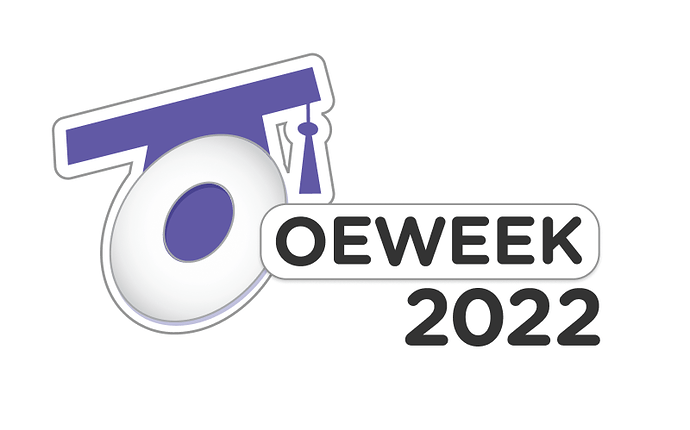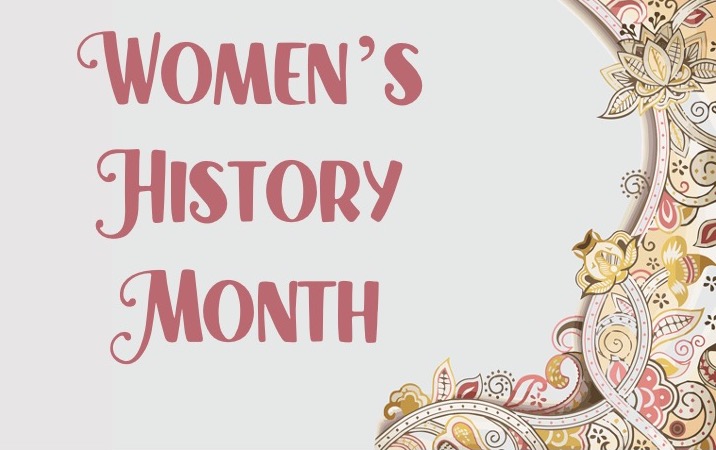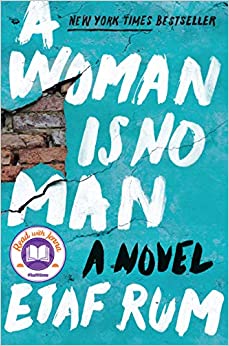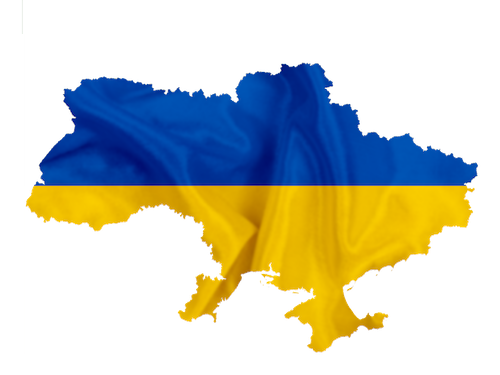
The new art display in the library gallery is of posters brought to Castleton by two Ukrainian artists as part of a cultural exchange with art professor Bill Ramage. Come take a look and learn more about poster art of post-Soviet Ukraine, and read about the origin of the posters and Professor Ramage’s visit to Ukraine in 1993.
The new book display in the library is of books related to the crisis in Ukraine. While the amount of violence and destruction unleashed on civilians seems incomprehensible, we can strive to understand more about the region, the history of the region, military aggression in general, Russian leadership, what justice there might be for war crimes, and the experiences of war refugees, for example.
The Atlantic magazine recently posted an article, “Nine Books to Read to Understand the War in Ukraine.” The CU library is ordering the ones recommended that VSC libraries don’t yet own. In the meantime, CU faculty, staff and students can request books we don’t have through interlibrary loan.
In addition to books, there are lots of resources online to consult. Several university libraries have created guides to learning resources related to this crisis. Here are links to a few of those. Certainly there’s a lot to learn in order to begin to understand recent events.
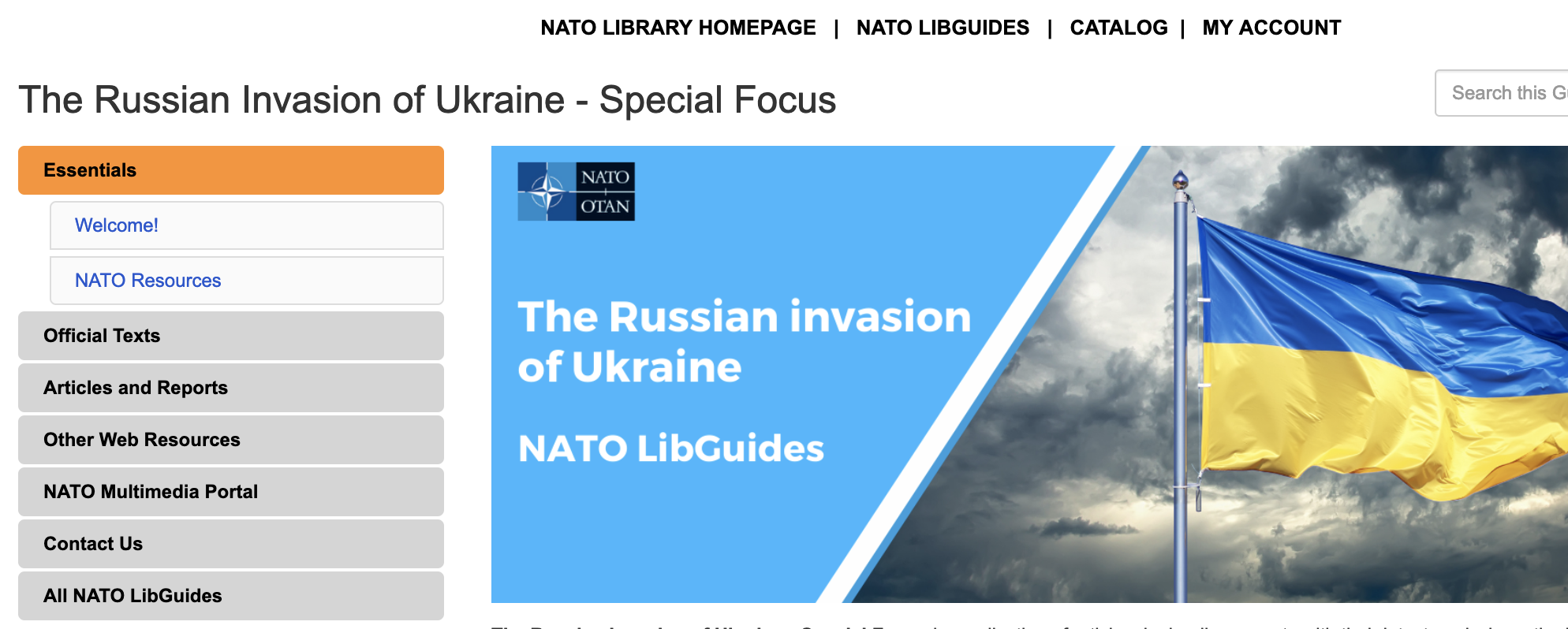
The library of the North Atlantic Treaty Organization (NATO): The Russian Invasion of Ukraine – Special Focus
University of Minnesota Libraries Research Guide on the Conflict in Ukraine
Portland State University: Invasion of Ukraine

